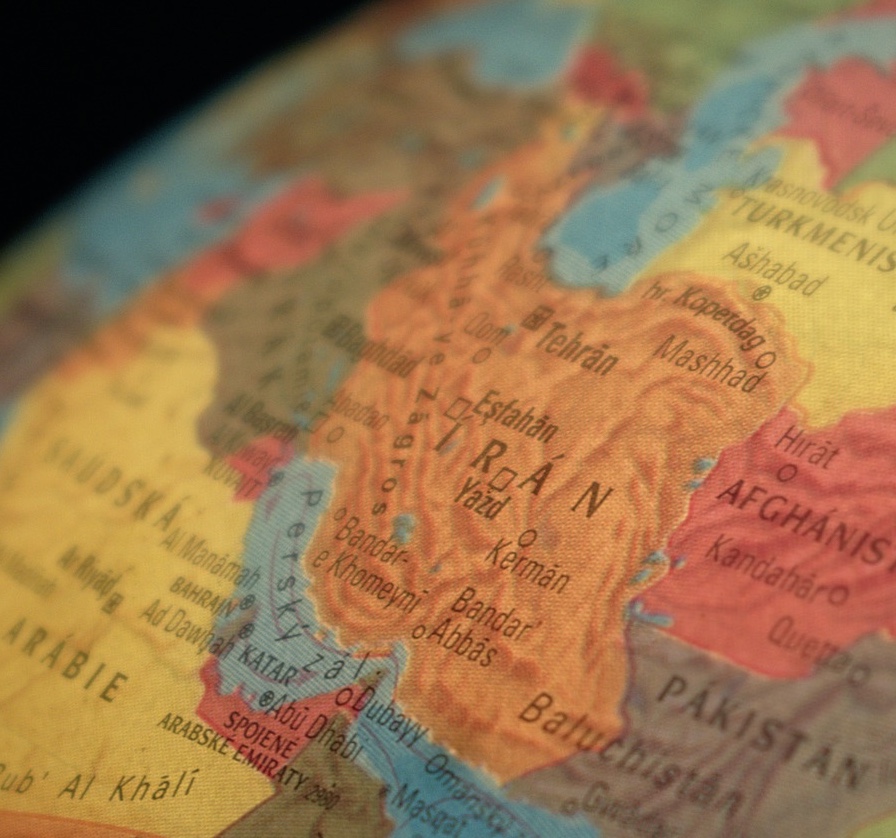This week, the United States Commission on International Religious Freedom (USCIRF) released a report detailing the United States’ history regarding sanctioning Iranian officials known to be involved in severe restrictions and violations of human rights and religious freedom. For forty years, the Iranian regimes has targeted religious minority groups for arbitrary detention and extrajudicial killings and has used the Jaafari interpretation of Shi’a Islam to justify these egregious crimes.
Religious discrimination and persecution is codified in Iranian legislation and penal systems: religious minorities may be sentenced to death for attempting to convert Muslims; anyone who makes statements deemed ‘blasphemous’ face superfluous punishment; Muslims are forbidden from renouncing Islam, lest they face legal penalty; ethnic and religious minorities are imprisoned and lashed for their affiliations and identities; among many other serious violations of human rights, minority rights, and religious freedom. Despite very plural religious demographics, Iran remains intolerant of Christians, Sunni Muslims, Buddhists, Baha’i practitioners, and all other minority religious and atheist communities.
In 2010, US President Obama ratified and adopted the Comprehensive Iran Sanctions Accountability Divestment Act, and with the help of USCIRF, in September 2010, issued an executive order which imposed visa sanctions and asset freezing upon a handful of Iranian government authorities for their participation in conducting human rights abuses following the divisive 2009 national elections. In late 2016, President Obama ratified the Global Magnitsky Human Rights Accountability Act, which further expanded the United States’ capabilities to sanction human rights violators in any nation across the world.
Within the past year, the United States has leveled sanctions against numerous Iranian government officials, including the following. Mohammaed Mohammedi Golpayegani, who has advocated for discrimination against Baha’i in areas of employment, education, and society during his time as Chief of Staff in the Office of Supreme Leader Ayatollah Ali Khamenei. Mohammed Moghiseh of the Tehran Revolutionary Court, who has handed out inhumane and disproportionate sentences to Christians, Sunni Muslims, Baha’i, and ordinary citizens on social media. Abolghassem Salavati, also of the Tehran Revolutionary Court, who has imposed similarly draconian judgements and sentences against religious minorities. Mohsen Reza’i of the Iranian Expediency Council, who is suspected to have participated in the bombing of a Jewish heritage center in Buenos Aires in 1994 which killed 85 people. Ahmad Jannati of the Iranian Guardian Council and the Assembly of Experts, who said in 2005 “Non-Muslims such as Zoroastrians, Christians, and Jews cannot be called human beings but are animals who roam the earth and engage in corruption.” Lastly, Ayoub Soleimani of the Law Enforcement Forces who was involved in the suppression of protests against mandatory religious clothing such as hijabs.
Image by Pavel Karásek from Pixabay

